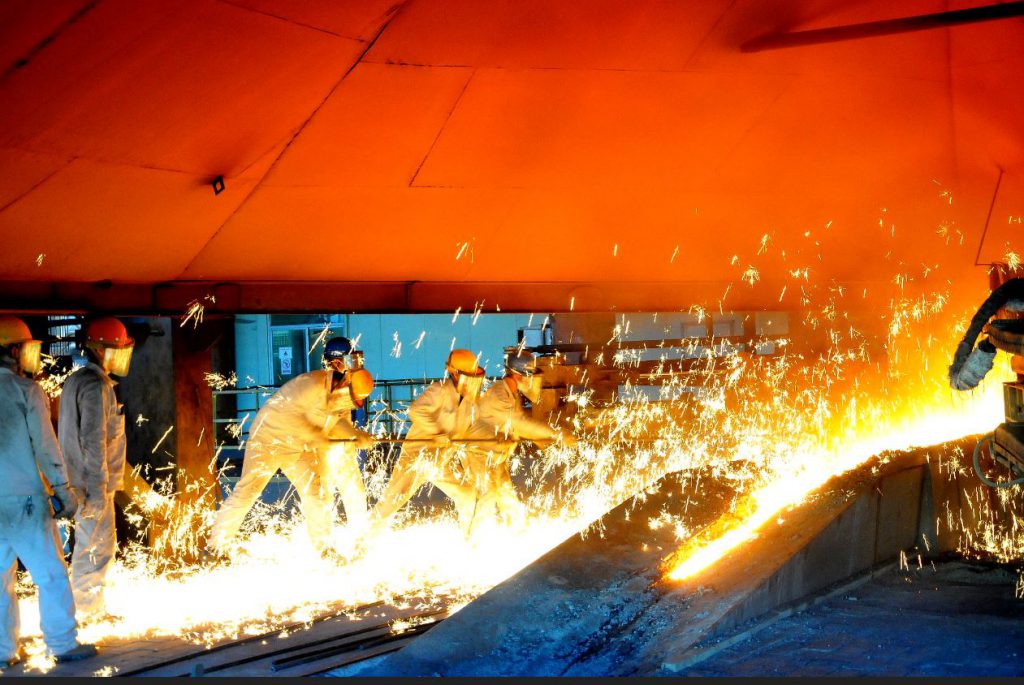
Indonesia, the world’s top nickel producer, will raise production capacity of the metal after prices soared past $100,000 a tonne, while the coal market is unlikely to get similar relief.
The country is set to add 393,000 tonnes to 400,000 tonnes of nickel in metal output capacity this year, bringing the total to as much as 1.4 million tonnes, according to Coordinating Minister for Investment and Maritime Affairs Luhut Panjaitan. Next year, Indonesia will add another 500,000 tonnes of annual production capacity, he added.
“We’re confident that with this additional capacity, there’s more than enough to offset any lost supply from Russia or other places,” Panjaitan said in a Wednesday interview in Jakarta.
Meanwhile, Indonesia will prioritize supply of coal for local power plants, with plans to increase the amount miners pay to the government — known as the royalty rate — on production of the fuel, he said. The rate will rise in tandem with market prices. The rule may be issued next month.
| Indonesia’s coal royalty rates | |
| Price range per ton (for special permit holders) | Rate |
| < $70 | 14% |
| $70-$80 | 17% |
| $80-$90 | 23% |
| $90-$100 | 25% |
| >$100 | 28% |
Panjaitan is confident the government won’t need to impose a ban on coal exports as he expects miners to comply with a requirement to supply at least 25% of output to meet local needs — a policy known as the domestic market obligation.
Indonesia will increase sea patrols to prevent any smuggling due to surging prices of commodities, he said.
Nickel, the material used in electric-vehicle batteries and stainless steel, exceeded $100,000 a tonne as the market on the London Metal Exchange grappled with a short squeeze. Holders of short positions on the metal were forced to cover their positions at a time of limited liquidity.
Tsingshan Holding Group Co., a key nickel producer in Indonesia that’s at the center of the historic short squeeze, is said to have secured loans from banks to help it meet margin calls, Bloomberg reported.
Indonesia will monitor the market situation before deciding on its planned export tax on ferronickel and nickel pig iron, given the “unprecedented” situation, said Panjaitan.
“We need to be mindful of the impact to consumers,” he added. “We don’t want to stifle the electric-vehicle battery industry, and we don’t want nickel prices to disrupt our target of producing lithium battery in early 2024.”
(By Eko Listiyorini, with assistance from Soraya Permatasari)
Comments